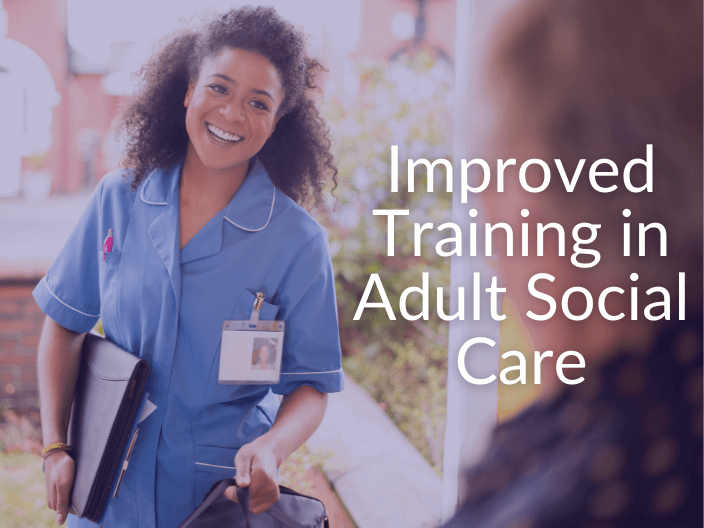What is a teacher CDP?
In order to allow students to learn and gain knowledge efficiently, it is vastly important that both Primary and Secondary teachers are also learning- this can be done via CDP courses. Teachers are immersed in their work in such a way through traditional TED days, alongside easily accessible and convenient e-learning. This ensures teachers are up to date with current curriculum and new teaching methods which could allow their lessons to run smoothly and efficiently. This improves student performance and therefore the overall achievement and reputation of a school. There are no necessary requirements for a teacher CDP in England in Wales, however Scotland requires 35 hours annually.
What is a primary school CPD?
CDP allows teachers to broaden their knowledge on the subjects they teach students, allowing them to provide a high-quality education and better the understanding of the students they teach. This is especially important in a primary school setting, in which children are going through the key stages of their development, and qualified educators are necessary. As well as educational courses, primary school CDP can provide supervision skills in safeguarding, such as increasing awareness and providing training in advanced autism awareness practice within schools.
What is a beauty CDP?
The beauty industry is ever-changing, there is a strong need for professionals to stay up to date with new treatments and procedures. In the UK, Hair and Beauty Industry Authority and Guild of Beauty Therapists require each professional in the beauty industry to complete 30 hours of CDP training annually. CDP courses for beauty professionals may be composed of courses in salon management, electrical facials, etc.
Click here to learn about CPD in other sectors and industries.
Where can I get CDP points?
CDP courses can be accessed via any accredited CDP providers. Through these providers, you can complete CDP hours equating to CDP points.
How does CDP help employers?
CDP is beneficial not only to employees themselves, but their employers and respective businesses. CDP shows employers that their staff are committed to their careers and own personal self-developments. CDP also ensures employers employ staff who are knowledgeable in their field of work and have extensive experience, and also allows companies to keep their working practices up to date.
The cost of courses adds up very quickly. If you are required to provide CPD for your employees, creating your own accredited courses can save you huge amounts of money. Plus, you’ll be able to provide in-house training tailored to your organisation. If you’re interested, please contact Advantage Accreditation.





